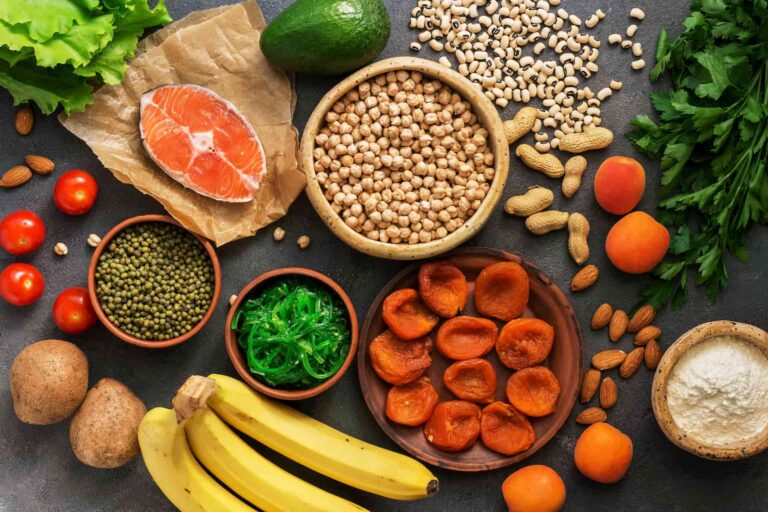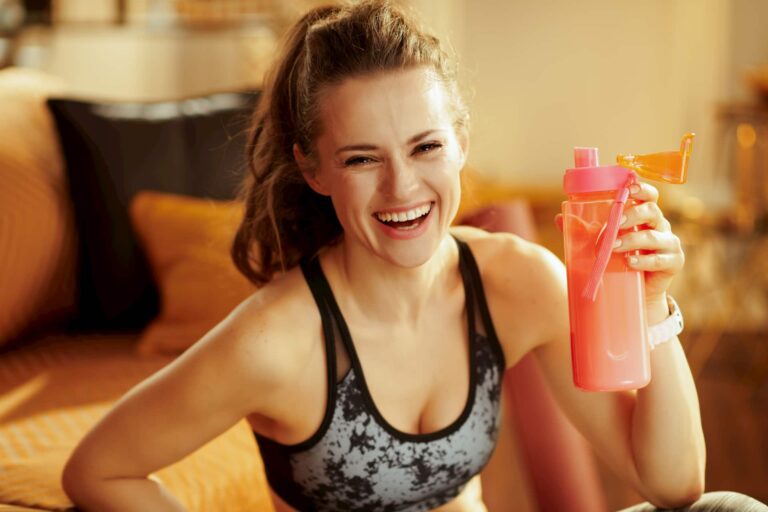
Dietary supplements for athletes: what are the main ones?
The basis of good health is always a varied and balanced diet. Athletes […]
Serum iron indicates the amount of “circulating iron” in the body, i.e., the amount bound to transferrin, the protein that carries iron to all tissues of the body. When blood levels of iron are below physiological levels, it is referred to as low serum iron. In this in-depth article, we will find out how to manage low serum iron when playing sports on a competitive or amateur level.
Iron is essential for the proper activity of many biochemical and metabolic functions of our body. Specifically, iron is an essential component of haemoglobin and myoglobin, proteins that regulate the transport of oxygen and carbon dioxide in the blood and muscles, respectively.
The measurement of serum iron is useful for assessing the amount of transferrin-bound iron in the liquid blood component (serum). Together with transferrin and ferritin levels, serum iron provides a complete overview of the balance and metabolism of iron within the body. This framework is defined in the medical field as the blood iron level.
Normal values of serum iron in adults are:
When the values of serum iron are lower than the physiological ones, this is known as low serum iron. Causes of low serum iron may include:
Low serum iron may be a sign of iron deficiency, but it should always be assessed in a broader context that includes the measurement of transferrin and ferritin levels. In sportsmen and sportswomen, it is particularly important to monitor the values of iron in the blood to detect a possible deficiency of this nutrient. Iron deficiency may be more prevalent in endurance sports or in professional athletes undergoing intense and frequent high-level athletic performance. In these cases, the cause of iron deficiency could be micro-bleeding in the muscles.
In women of childbearing age and in children, the increased iron consumption with sport is also accompanied by an increased body requirement due to physiological conditions such as menstrual cycle or growth.
The most frequent side effect associated with an iron deficiency is general fatigue. This side effect, in the case of sportsmen and sportswomen, can compromise performance in competitions and make training particularly tiring. Other typical symptoms of iron deficiency that can adversely affect athletic performance are tachycardia and breathing difficulties. Further symptoms of iron deficiency are pale skin and mucous membranes, increased fragility of nails and hair and certain nervous system disorders, such as headaches, irritability and migraine.
An iron deficiency has a negative effect on sporting activity on both the competitive and amateur level. Specifically, for athletes who practice sports that require great physical exertion for a prolonged period of time (e.g., marathon runners, endurance athletes, triathletes) and who are often already subject to low haematocrit and haemoglobin levels after a race or a session of intense physical activity, an iron deficiency can also make it more difficult to recover energy.
When there is a condition of low serum iron accompanied by iron deficiency, it is therefore important to take the right countermeasures to bring the iron values in the body back to normal.
The first step to overcome iron deficiency and bringing serum iron values back within the normal range is to follow a diet with iron-rich foods and foods rich in vitamin C (a nutrient that increase iron absorption). To support the diet, iron and vitamin C supplements can also be taken when necessary.
SiderAL® food supplements containing Sucrosomial® Iron can also be useful for athletes who need to address a deficiency or increased body need for iron.

The basis of good health is always a varied and balanced diet. Athletes […]

Sportsmen and sportswomen know how important a varied and balanced diet is, which […]

Agonistic athletes may be subject to iron and haemoglobin level below normal range. […]

Those who practice endurance sports or sports that require great physical endurance know […]

Anyone who practises sport on a competitive level will have already heard of […]
The technology that guarantees the best absorption of Iron.
Find out moreRegistered Office Via Campodavela, 1 56122 Pisa
Tel. +39 050 7846500
Fax +39 050 7846524
C.F. / P.Iva / Reg. Impr. 01679440501
Cap.Soc. € 1.123.097,70
I.V. | REA 146259
pharmanutra.it